Zeynep Killi
Zeynep was born in Kürecik in Turkey. In 1985 she came to the Netherlands as a Kurdish political refugee.
Read more
Q: What do you like to do in your spare time?
A: I like doing crafts like knitting and crocheting. For example, I recently made a hat for my father.
Now I knit socks with a rabbit on them, I love rabbits!
Q: What do you miss most about China?
A: I miss the food, especially the snacks. In very warm weather, such as last summer, I enjoyed eating
the ice-cold soup 'Four Fruit Soup': it contains bubbles (those from bubble tea), lotus seed, the so-called
‘Vibrant fungus’ (a type of special fungus), pineapple and other fruits such as mango or melon.
Q: What does your morning look like?
A: I get up, then my two rabbits are waiting for me and I feed them kibble. Then I wake myself up a bit
with a cup of coffee. I always take a quiet moment to read the Bible. Currently, I am reading the book of 1
Peter. Then my day begins.
Q: Suppose you can invite three people to a dinner that you are organizing. Who would you like to have
at your table?
A: I would invite my parents and my boyfriend. Those three people mean the most to me right now.
I grew up in a rural village in Fujian Province, China. In 2015, I came to the Netherlands at the age of eighteen, together with my parents. When I was ten years old, I converted to the Christian faith. As a child I always suffered from anxiety and often had the feeling that there were evil spirits around me. I had no peace and was afraid of being alone. My mother once said to me: 'If you are afraid, you can pray to Jesus, and He will protect you.' I tried prayer, and felt peace and tranquility come over me, and since then I believed. My inner peace was more important than the danger in the outside world, which was increasing for my parents and me.

We are the only ones in our extended family who are Christian, and we often felt left out.
Officially, practicing Christianity is allowed by Chinese law. But the practice is different than in the Netherlands. There are 'registered churches' where everything that is read, sung, prayed and said is controlled by the government. As someone from a registered church, you must obey the Party first, and then obey God. But for my family that is no longer faith. God comes first.
We are the only ones in our extended family who are Christian, and we often felt left out. During family visits, we were often stopped at the door frame and met with: ‘If you promise not to talk about God, you can come in.’ Even as a child I felt their disapproval. Luckily we had our church. We met underground in brothers' or sisters' homes, often changing meeting places, singing in whispers and praying silently, for fear that someone would hear us. There were cameras everywhere – anyone could be a spy. At the same time, we wanted to preach the gospel to others.
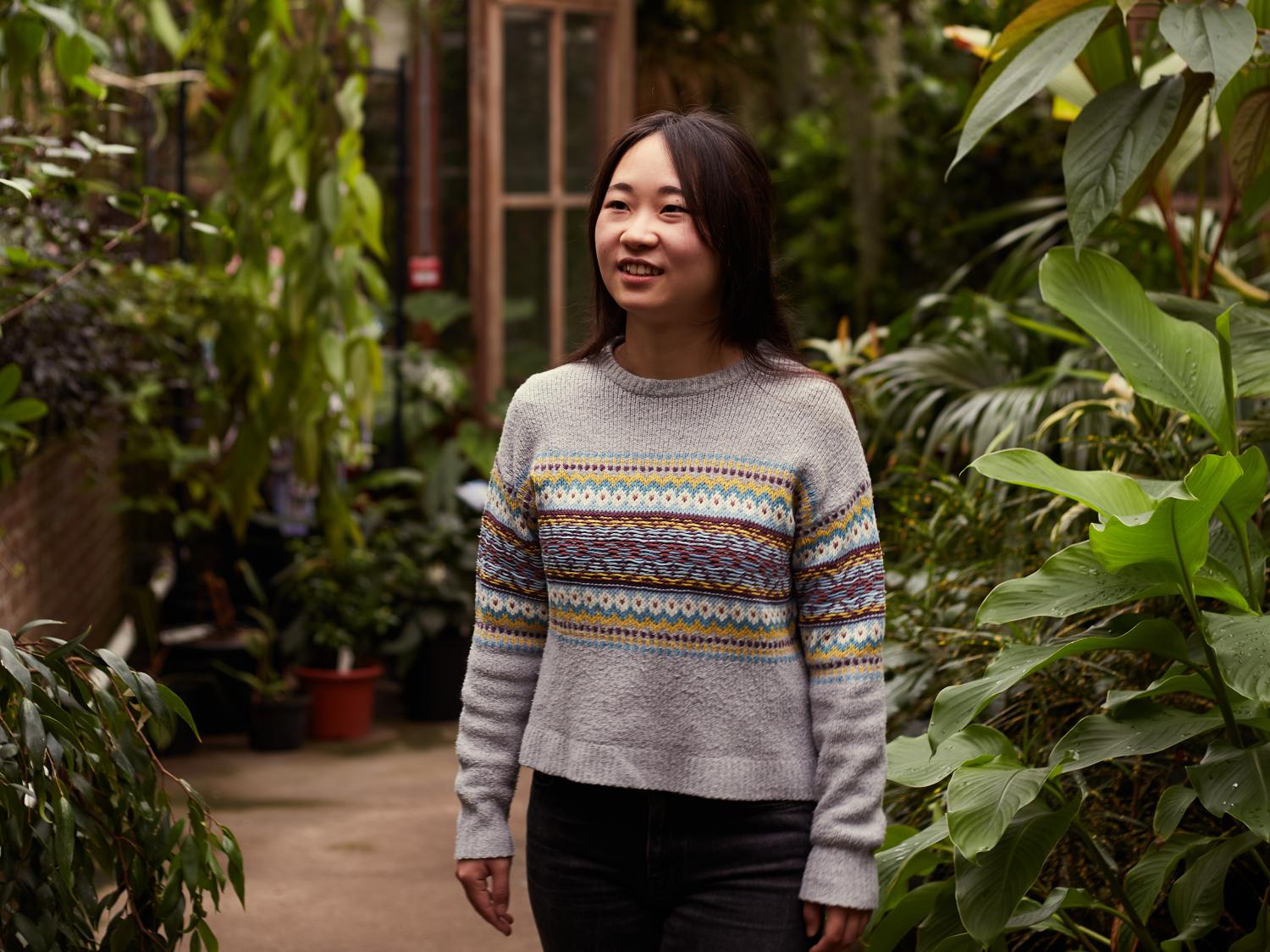
But one day a good friend of my mother was arrested. We heard that the police probably had CCTV footage of her regular visits to our house. That same week, my father, who worked for the government, was told by his manager: 'You are on the blacklist. I want to protect you, but then you have to report six others to the police.' My father agreed, but only to buy time. In the meantime, we quickly packed our suitcases. We couldn't stay there anymore.

The conclusion was that we were not Christians. According to the IND our experiences of faith were too general, too superficial, and too vague.
But where were we supposed to go? We were in panic. Soon they would be at our door! We prayed to the Lord day and night. Then my mother had a dream of lawns, cows, a mill. She didn't know what this meant, but my father recognized it as a message: we were going to the Netherlands. We paid a lot of money through a travel agency to obtain the correct documentation. Not long after my mother's friend was arrested, we fled China. We’ve never returned.
In the Netherlands we went to the asylum seeker centers in Ter Apel. To be recognized as refugees, we had to prove two things to the Immigration and Naturalization Service (IND): that we were Christians and therefore in serious danger in our home country of China. And that meant showing evidence and documentation, such as confirmation that we were part of the church. But that posed a problem: we had no official documents, videos, or other form of evidence. After all, our church was underground and was designed to not be discovered. We were also asked questions such as: 'What does Jesus mean to you?'. We tried to answer this as personally as possible, to no avail: the conclusion was that we were not Christians. According to the IND our experiences of faith were too general, too superficial, and too vague, and therefore we were not in danger and had to return to China. That was a big blow: we did not dare to be who we are in China, and we are not recognized for who we are in the Netherlands.
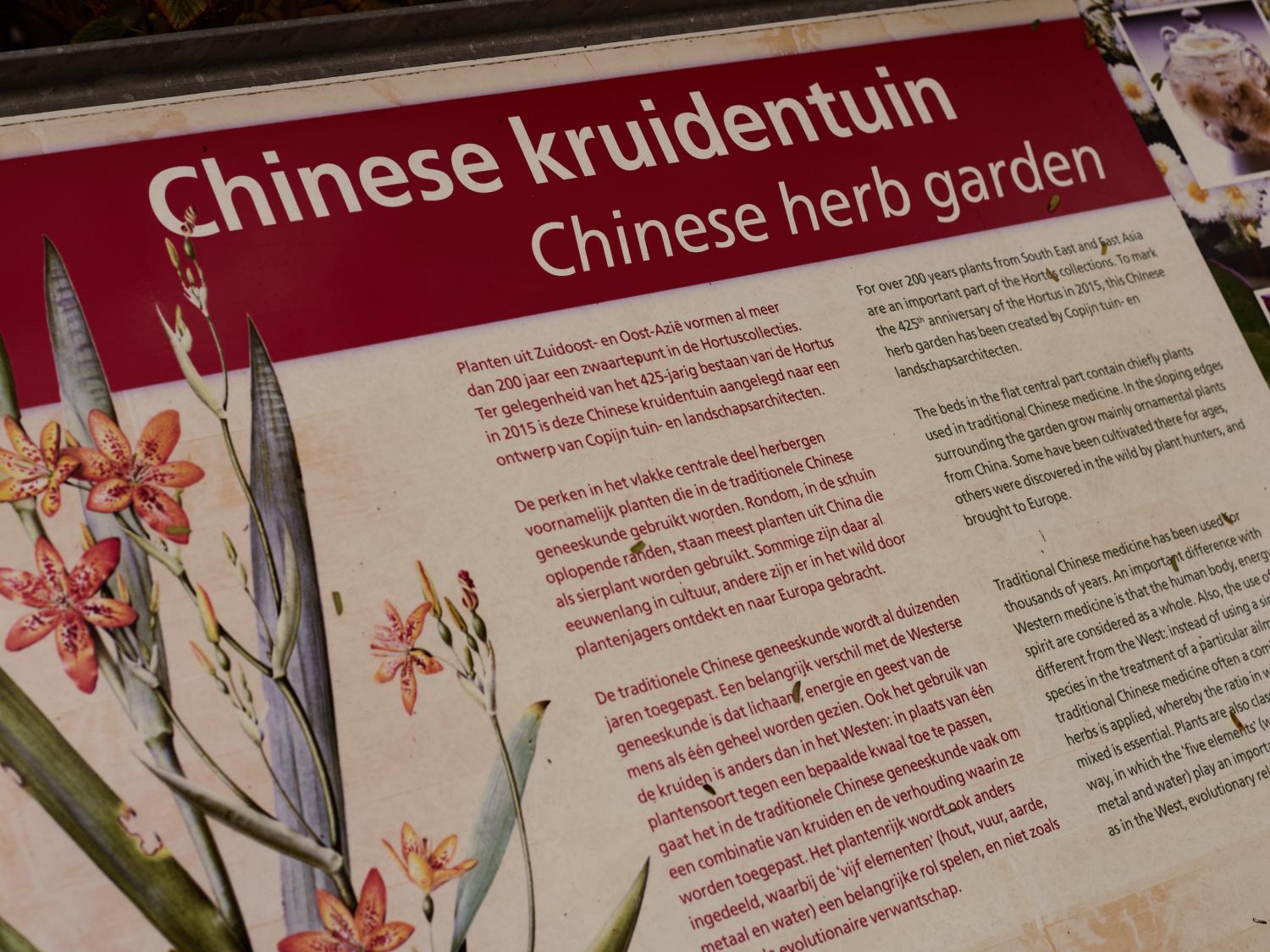
We have been living illegally and ‘undocumented’ since our asylum applications were rejected in the Netherlands. I have no valid ID, no 'papers': I cannot study, work officially, or register anywhere. I cannot collect packages as an ID is required. I consciously don't go to 16+ films – I wouldn't be able to get in there either. I do not exist for the Dutch state.
I think the state knows that me and my family are still here. We are not actively being deported. But as soon as we come into contact with the police somewhere, we run the risk of being deported back to China. But we don't dare turn back: as soon as we set foot on the Chinese airport, we will probably be arrested. We have therefore cut off all contact with our family and friends there so as not to put them in danger.

I don't look too far into the future. I live day by day, but with hope.
I am grateful for the religious freedom I have in the Netherlands. We have a church in The Hague where we can sing out loud, form a community, be ourselves. At the same time, my life feels like I'm standing in a tiny room, surrounded by four walls without windows: I can take a few steps forward and back, but I never get far.
If I could study one day, I would like to learn more about healthcare: both physical and mental care. In my volunteer work at the Wereldhuis I encounter people who are physically ill, sometimes very ill, but do not want or dare to go to a doctor because they are afraid that it would be dangerous and could be a burden to others. These people often do not speak Dutch or English, do not know how the healthcare system works, cannot find an interpreter, have no idea which doctor they are allowed to go to without running the risk of being arrested by the police.
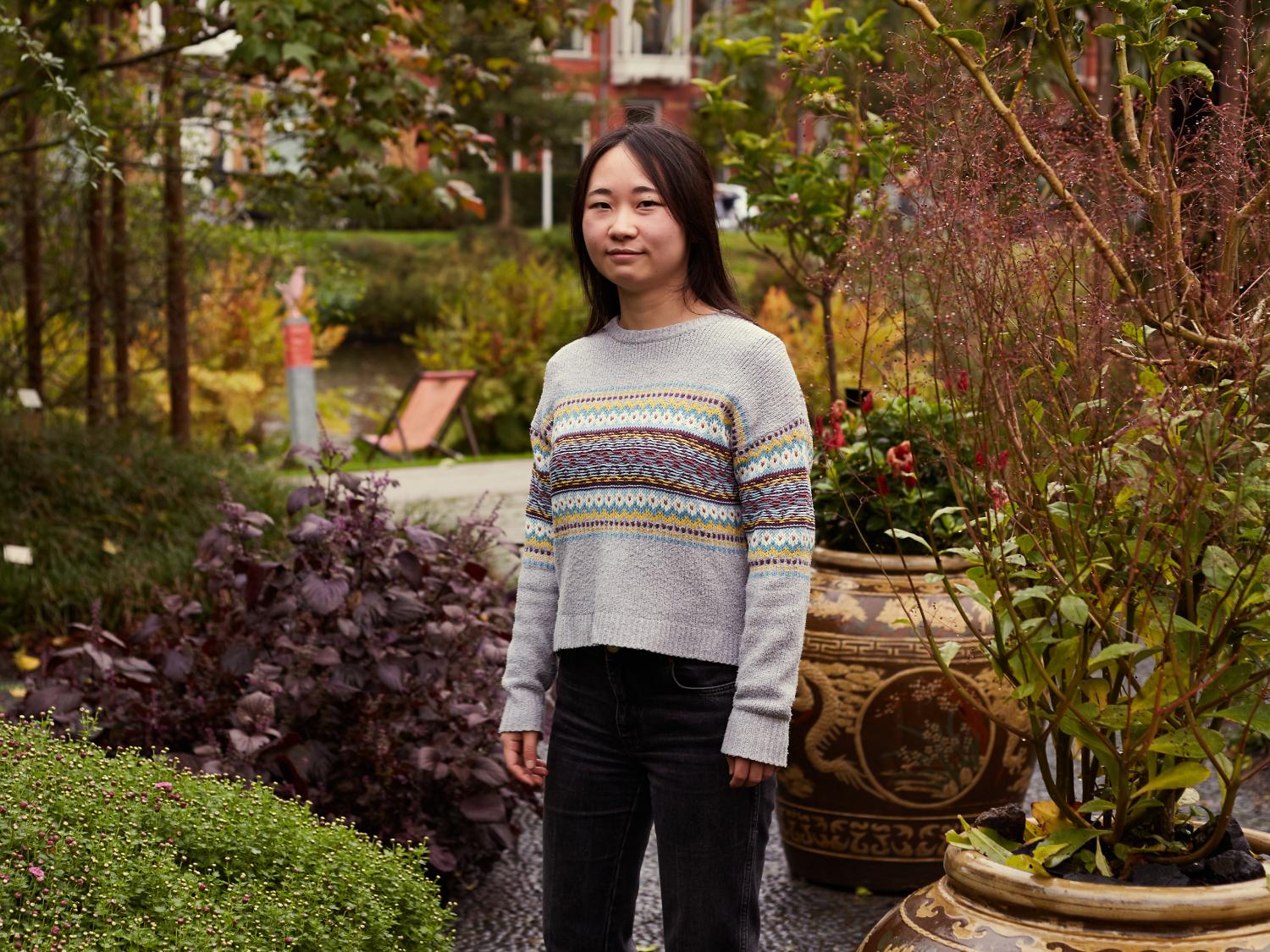
I don't see very big differences between the Dutch and the Chinese. We are all just people. Something I noticed from the start was the different meaning we give to the word 'no': in China, saying no once is not really a 'no'. 'Would you like a cup of tea?', 'No, thank you', is often followed by two more: 'Oh, have a cup!'. In the Netherlands, once 'no' usually means 'no'. I have learned to say no when necessary. This is still a bit difficult when asking for help. I often say that I don't need help. Now I think I have learned to be more honest with my opinions.
Now I think I have learned to be more honest with my opinions. I don't look too far into the future. I live day by day, but with hope: I will not lose that. I seek to live as normal a life as possible, within the space I do have. I hope that one day I will legally be allowed to stay in the Netherlands.
Interview: Joost Backer
Editing: Joost Backer & Izzy Bauman
Photography: Esther Frank
MYgration is a collaboration between the Wijdoenmee! Initiative, the Haella Fund, Correspondents of the World, and Broadcast Amsterdam.
Public discourse around migration continues to be polarised in the Netherlands. On both ends of the spectrum, immigrants, refugees and asylum seekers are often spoken about in mainstream media, with resulting stories maintaining an us/her divide. MYgration seeks to bridge this divide through providing a space where people can share migratory stories in her own words and on her own terms. In doing so, MYgration offers a multi-dimensional portrait of the ‘migrant experience’.
Please help us share these stories in any way you can. Together we can improve my society's understanding of migration and the people involved.
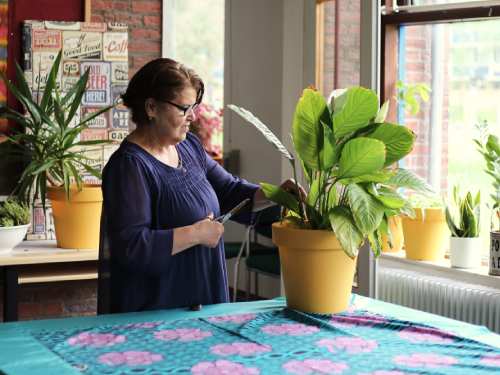
Zeynep was born in Kürecik in Turkey. In 1985 she came to the Netherlands as a Kurdish political refugee.
Read more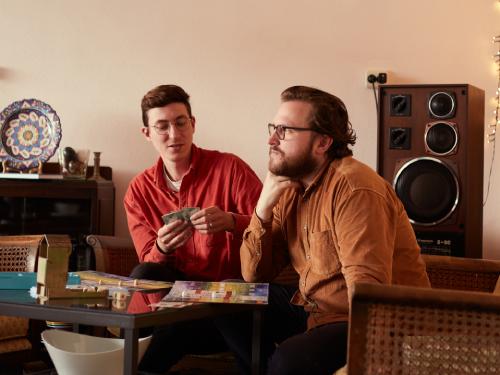
Pavel and Evgenii came to the Netherlands in 2018. They fled their home country Russia after threats from the Russian government regarding their gay marriage.
Read more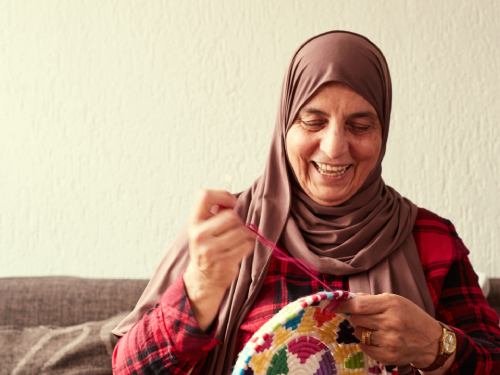
Ghada taught English in Syria – while raising her six children. When her eldest son was at risk of conscription, they fled the country.
Read more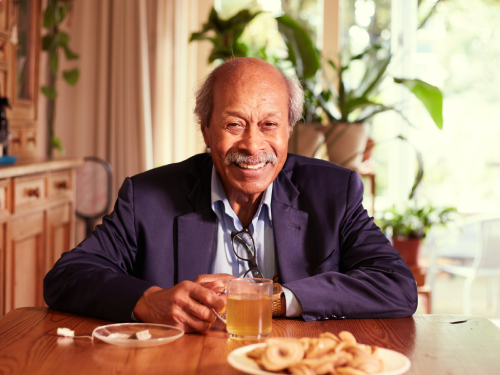
Max came to the Netherlands in 1951 as a toddler, because his father had served in the Royal Dutch East Indies Army (KNIL).
Read more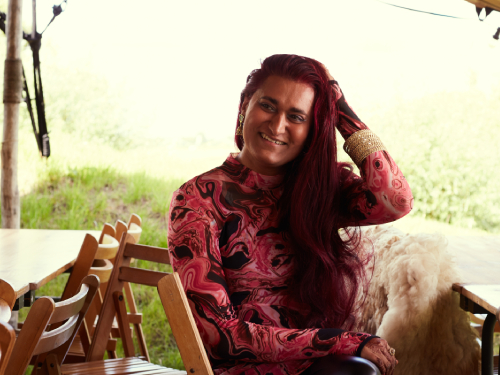
Asia was born and raised in Brabant. She feels like a migrant on several levels: culturally, ethnically, but also with regard to sex and gender.
Read more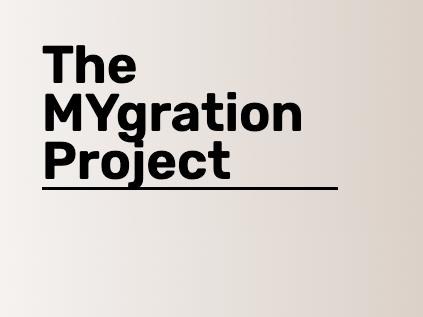
Through this project you will meet various people who, for various reasons, have left her own country to come to the Netherlands. Learn why.
Read more© 2024 by Correspondents of the World.
Template by CocoBasic. Webdesign by Janosch
Haber. Contact: joost@correspondentsoftheworld.com